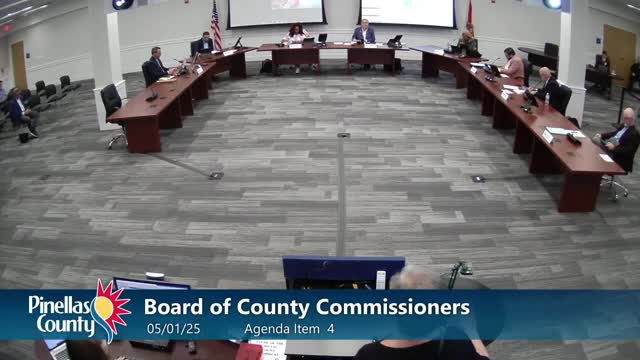Article not found
This article is no longer available. But don't worry—we've gathered other articles that discuss the same topic.
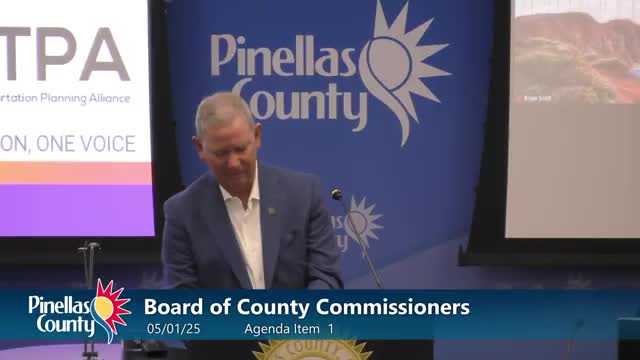
Forward Pinellas outlines plan for three‑county MPO merger; commissioners raise equity and voice concerns
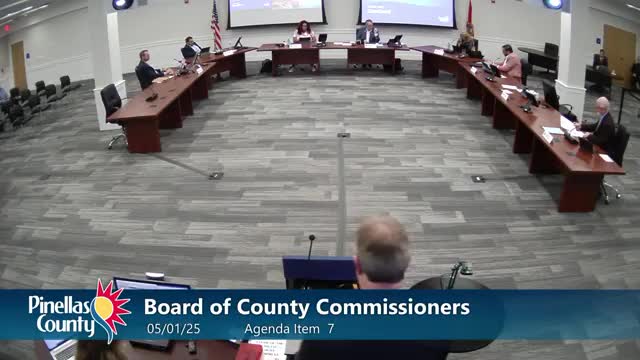
Commissioners press staff on CDBG‑DR/HMGP storm recovery plans; manufactured‑home residents seek clearer outreach and case management
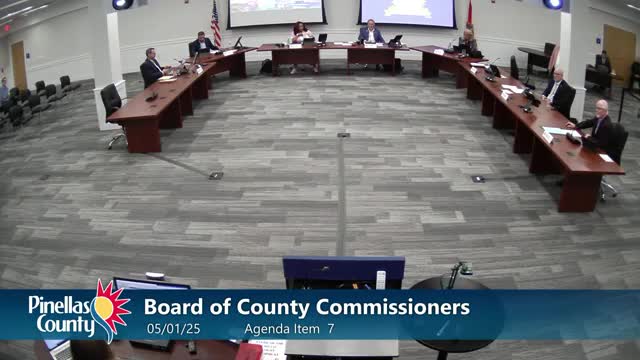
Pinellas updates traffic‑management overhaul; retiming and adaptive signals show high benefit‑cost ratios
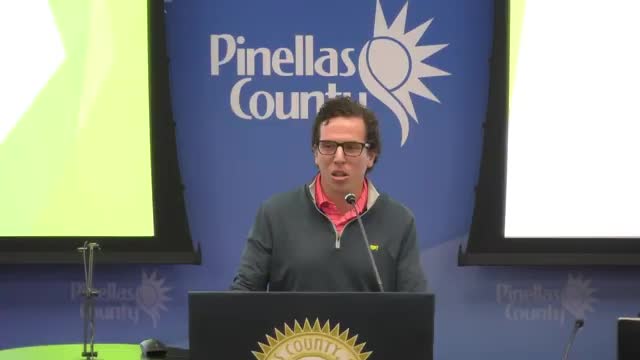
Feather Sound special taxing district seeks FY2026 increase to cover landscaping, utilities and planned pickleball court

Eastlake library and recreation districts lay out expansion and capital plans as library campaign seeks $1.5M
